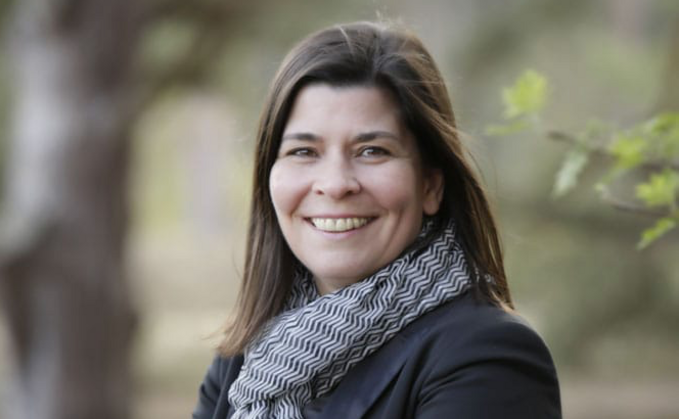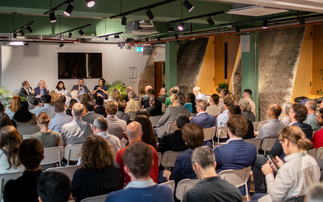
Industry Voice: Haleon's Sarah McDonald explains how the company’s sustainability strategy is closely intertwined with its purpose – to deliver better everyday health with humanity
Better everyday health should be within reach of everyone, but too many are held back because of issues beyond their control. Millions of people face challenges with healthcare accessibility, limited levels of health literacy or bias and prejudice. People are now living in poor health for a longer proportion of their lives, impacting personal wellbeing and piling more pressure on overburdened healthcare systems. And there are studies in the UK that show one in seven LGBT people reported avoiding healthcare for fear of discrimination and nearly half of people with a disability reported difficulty accessing medical facilities.
Equally, issues of social and health equity interact with and compound environmental challenges. The same emissions that are driving climate change are also causing air pollution, and globally, the effects are being felt the hardest by society's most vulnerable and marginalised. The statistics are all too sobering, with the WHO showing that 93 per cent of children are living in areas with unsafe levels of air pollution, and that people of colour in the UK are more likely to live in areas with high levels of air pollution.
Recognising and acting on these links is at the heart of Haleon's sustainability strategy - which is focussed on tackling the environmental and social barriers which stand in the way of better everyday health. These links underpin how our brands are helping to deliver on our sustainability ambitions.
For instance, our respiratory health brand Otrivin is supporting communities most at risk from the effects of air pollution by working with the National Schools Partnership in the UK, reaching thousands of children through ‘Actions to Breathe Cleaner'. Steps like this feed into our social impact ambition to empower millions of people a year to be more included in opportunities for better everyday health, empowering 50 million people a year by 2025.
We know that delivering on our goal and helping to address major social and environmental challenges is going to require systemic change and bold data-driven collaboration, and that's why Haleon is supporting the Health Inclusivity Index, developed by Economist Impact, which launched this month.
Health inclusivity is the process of breaking down personal, social, cultural, and political barriers that prevent people and communities from experiencing good physical and mental health and a life fully realised. Up until now, it's been an under-researched and under-prioritised area, but the inaugural Health Inclusivity Index provides a benchmark that aims to set a new global standard for measuring health inclusivity.
Looking at the presence, coverage and effectiveness of inclusive healthcare systems, processes and policies, the initial findings were released earlier this month, showing that eight of the top 10 ranking countries achieved their highest scores for the domain of ‘People and Community Empowerment', where the presence of initiatives like health literacy programmes and community outreach enable people to proactively manage their own health.
This finding crucially illuminates that empowering people and communities, including those from marginalised or disadvantaged groups, to engage in their health through the right systems, tools and education is key to improving health inclusivity, which can ultimately help people to live healthy lives for longer.
Raising awareness and creating a global benchmark are vital first steps in addressing health exclusion, but this is just the start. This Index is a multi-year programme, which started with 40 countries and will evolve and expand to include 80 countries over the next two years. And the challenge over the course of the programme will be to digest and ultimately galvanise action on the findings across industry, government, academia, NGOs and communities.
And critically, it will mean listening to and championing the voices of those excluded from better everyday health. That's where people's lived experiences come into play. In addition to the Index, we've supported lived experience research, which highlights how some people feel excluded from better everyday health and considers solutions which could help address some of these challenges. This really matters, because all too often the voices of those excluded can go unheard.
Ultimately, communities across the world are facing significant social and environmental challenges - whether that's water scarcity and resource shortages caused by climate change, lack of health knowledge, resources, and support, or bias and under-representation. It's clear that no singular actor can or should tackle these barriers alone, and equally, it's clear that addressing major environmental challenges needs to be underpinned by a focus on social impact - and vice-versa.
I'm hopeful that the Health Inclusivity Index can offer robust data points to the decision making that affects people's everyday health, so that individuals, communities, decision makers and leaders are empowered to make decisions that help make better everyday health more inclusive and sustainable for all.
Sarah McDonald is vice president of sustainability at Haleon.
This article is sponsored by Haleon.






